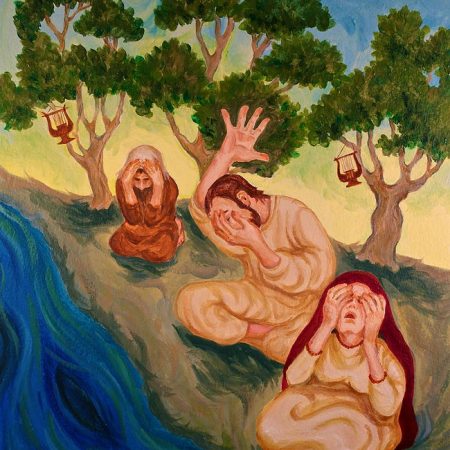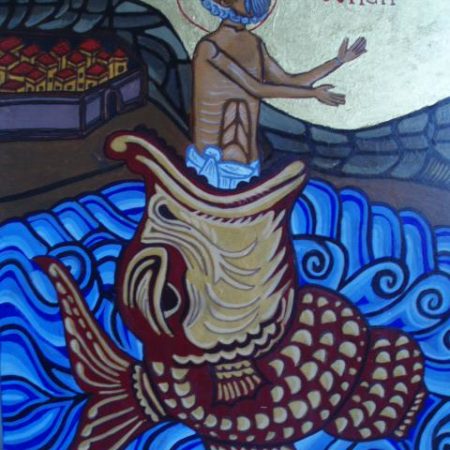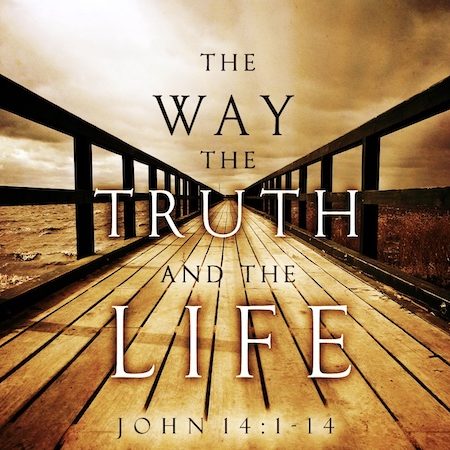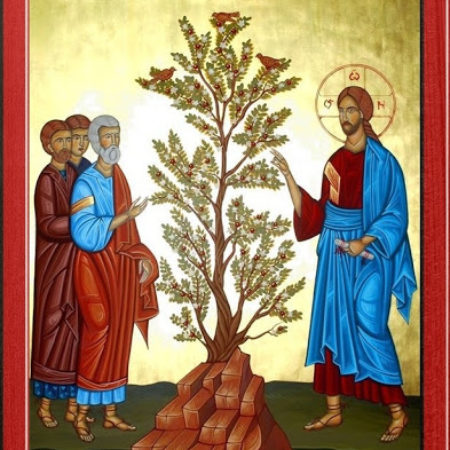Jesus’ Transfiguration reveals God’s liberating glory, calling us to justice, humility, and fearless love amid oppression.
Sermons on Empire
To name Christ as King is to identify ourselves as dissenters to the claims of any other authority and to critique all power-mongering.
A Biblical drama exploring the 6th century Babylonian Exile through the eyes of two people who lived through it and through the Biblical records.
The saints of God are engaged in a war between conflicting empires battling for control of the world, but Jesus has radically transformed our understanding of how we fight.
Young. Woman. Pregnant. Unmarried. How does Mary the mother of Jesus speak to you today?
Serving Christ as king challenges our use of power and politics and questions where our ultimate loyalty and security lie.
Perhaps amidst the increasingly depressing state of the world, Jesus is calling us to learn the path of faithfulness from those who never win.
The book of Esther is like a joke that has aged badly, enabling us to see how righteous anger at anti-semitism can become its horrifying mirror image.
The story of Jonah challenges us whenever we start thinking that we have special rights as God’s people.
Many parts of the Bible can be and often are weaponised as tools of oppression, but when we read it critically, with and through the teachings and example of Jesus, it calls us to liberation and life.
In the face of the cultural call for an all-tolerating lack of conviction, we are called to be a particular people who follow and champion a distinctive way – the way found in Jesus.
If we are to call Christ a King and still remain faithful to him, we must begin with the subversion of the very concept of kingship that Jesus points to when he is questioned by Pilate.
The culture of God rises in defiance of the empires of this world, but it will look more like an annoying outbreak of self-sown, invasive weeds than an alternative empire.
Jesus calls us to resist the satanic desire to credit violence and disaster with meaning, and instead to acknowledge meaning and truth only in God’s suffering love and mercy.
In the fact of the climate apocalypse, we hold on to our hope: hoping and working for the radical, impossible change that is necessary.
Building impressive buildings can be about a desire to monopolise and contain God, whereas God wants us to break down any walls that divide and exclude anyone.
We are called to privilege the God of love and liberation over the economic realities of dog-eat-dog capitalism, and prevent that ‘reality’ colonising the truth of love with its divide-and-conquer business plan.
To name Christ as King is to identify ourselves as dissenters to the claims of any other authority.
God has given us a new identity and a new allegiance in his kingdom, and our loyalty is now to truth and compassion regardless of their consequences for the interests of any other communities or kingdoms.
When we call Jesus King, we may not know what we’re saying.














